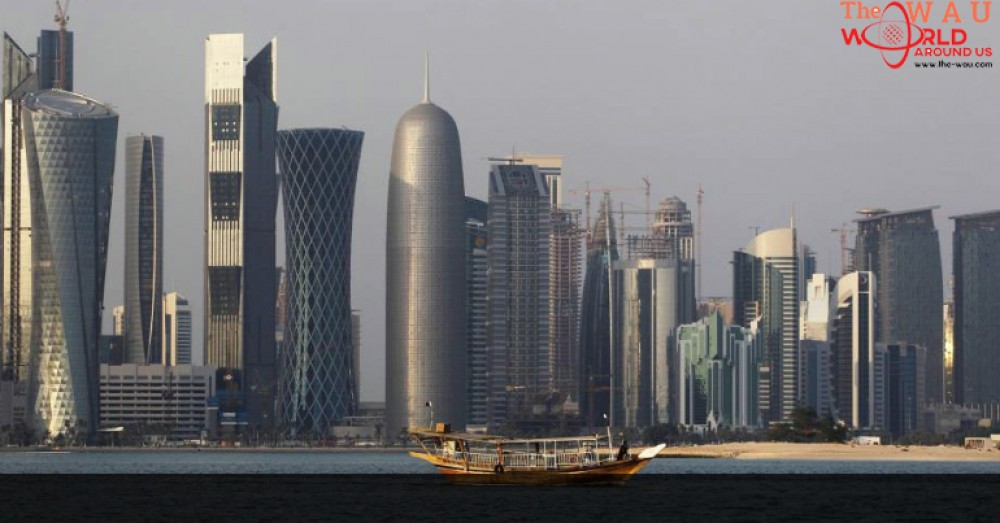When Saudi Arabia, the UAE, Bahrain and Egypt cut relations with Qatar last year, it was not the first time that their fellow GCC member had spurned regional unity.
Between 1991 and 1996, Doha lodged several complaints in the International Court of Justice in which it claimed that it should have land controlled by Saudi Arabia and Bahrain.
Fears of an all-out war between the nations intensified in 1992, when a tribal clash along the Saudi border with Qatar led to several deaths.

The establishment of Al Jazeera – which the four Arab countries have demanded be closed because it has been used as a platform for extremist ideologies – was a further snubbing of the nose to Doha’s neighbours.
The network broadcast the message of AlQaeda and other militant groups. It also often criticised Qatar’s neighbours and was seen to glorify dissident groups.
Doha’s claim to the other countries’ territory was quietly resolved through closed-door arbitration after the international community urged restraint. It was, after all, less than a year after Saddam Hussein’s invasion of Kuwait and taste for regional strife was low.
Russia snubs Saudi threats over Qatar military deal
But Al Jazeera continued to be a sore point, and one that Qatar would not salve.
In 2002, Saudi Arabia pulled its ambassador from Qatar after the network ran interviews that were highly critical of the kingdom’s ruling family. Relations remained turbulent throughout the decade, with several Gulf countries suspending or closing Al Jazeera.
Tensions flared again in 2006, when a pipeline deal between Qatar and Kuwait was blocked by Saudi Arabia. The pipeline was never approved, but in the interests of regional security, Saudi Arabia later agreed to a settlement of Qatar’s territorial claims in the early 1990s.
But one of the major sticking points between Doha and its neighbours has been its support for the Muslim Brotherhood, which has been outlawed as a terrorist organisation by countries, including the Arab Quartet.
In 2011, Riyadh and Doha found themselves on opposing sides of the Arab uprisings, entrenching themselves in affiliations that remain until today.
Qatar’s support for the Brotherhood was undermining stability in the region, the Quartet said, and Al Jazeera served as the organisation’s platform for dissent.
In 2014, Saudi Arabia, the UAE and Bahrain, withdrew their ambassadors from Qatar, claiming that Doha was not adhering to a GCC agreement on preserving security in the region.
Saudi Arabia also closed the local office of the Qatari-owned news network.
...[ Continue to next page ]
Share This Post















